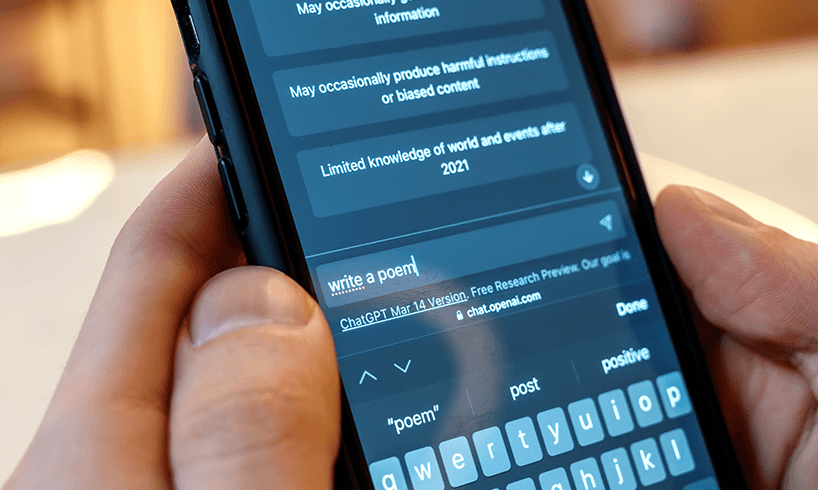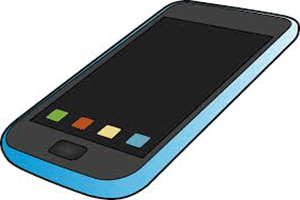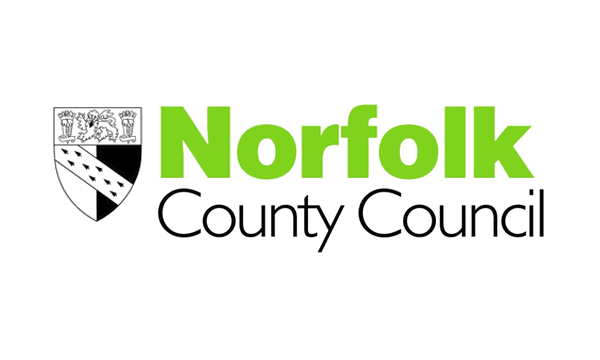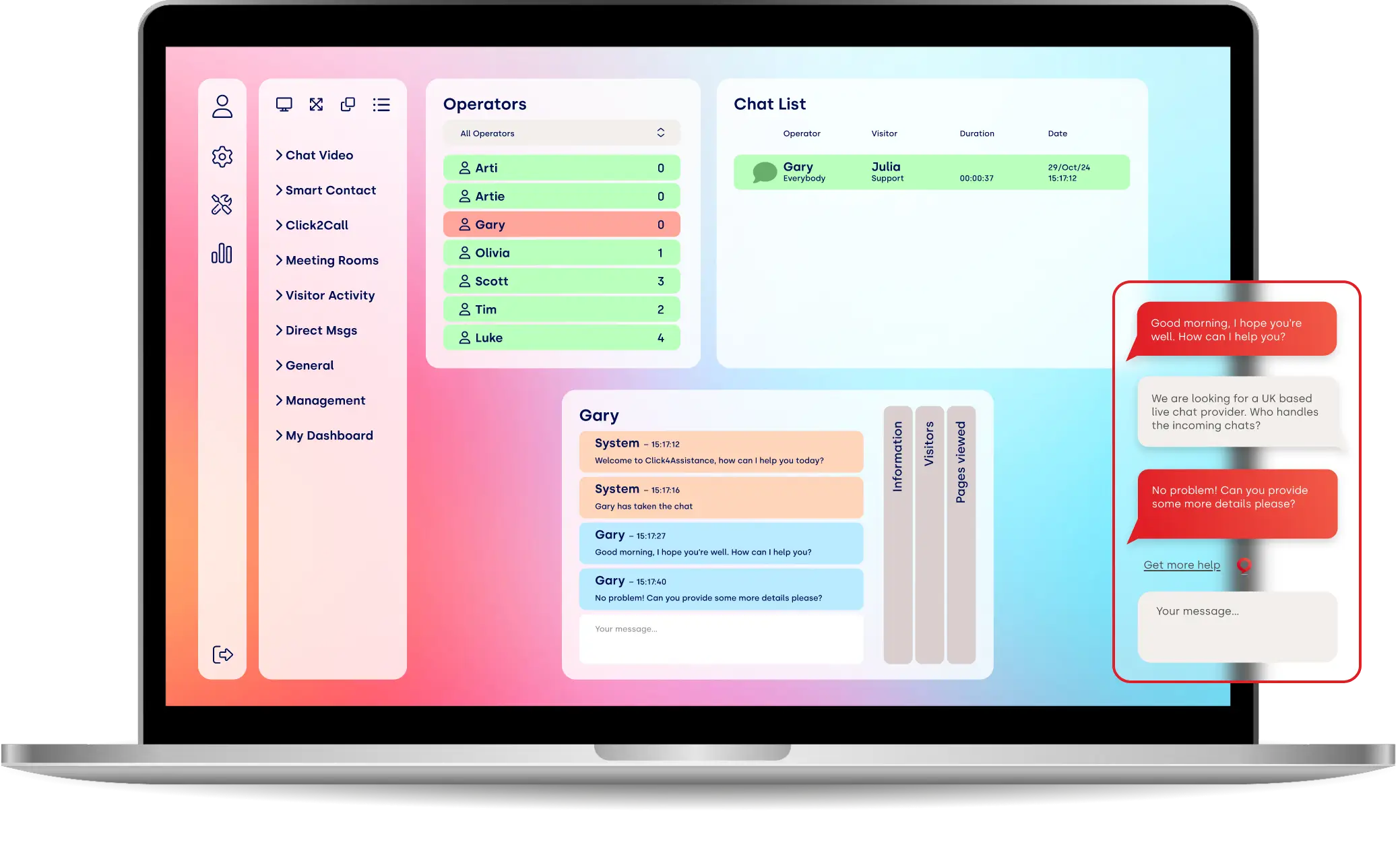Platforms that integrate with ChatGPT
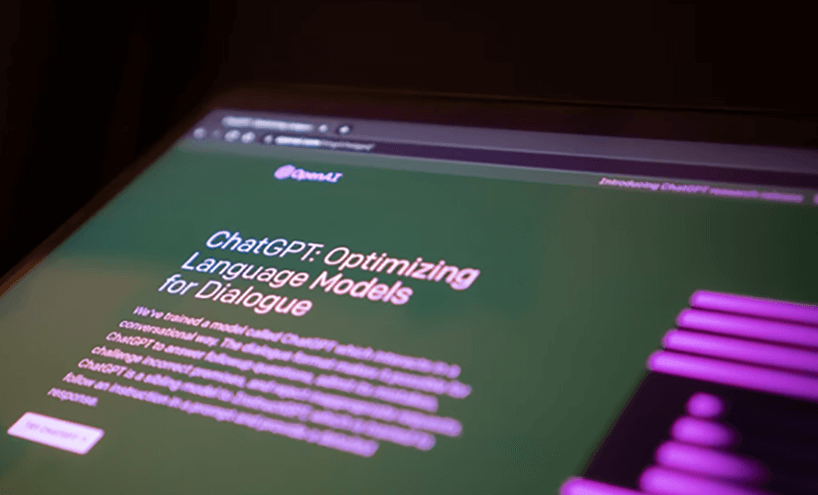
Multiple companies, including major brands, are now integrating ChatGPT with their apps and products, offering massive intelligence to their audiences at their fingertips.
ChatGPT was already causing a commotion even when it was confined to OpenAI’s website. Now, though, CEO Sam Altman’s firm says it is looking to offer developers an API that lets them integrate the large language model (LLM)-powered AI into their apps and products. The new system will enable text-to-speech and speech-to-text functionality interfaces, not just chat.
Many commentators saw this announcement coming. The company views ChatGPT as a general technology, like electricity, suitable for implementation across various domains. As such, OpenAI already has partnerships with multiple large firms, including Snapchat and Hubspot.
ChatGPT’s integration capabilities continue to grow in 2023. The GPT-4 series of LLMs trained on trillions of parameters can engage with web browsers, mobile apps, social media, e-commerce sites, and educational services. Soon developers will be able to infuse their creations with OpenAI’s software on any platform, giving it profound intelligence to answer most questions, provide advice, and generate content.
This post explores several platforms already integrating with ChatGPT. Read on to learn what they are and why they matter.
Quizlet – One-on-one AI tutoring
Quizlet is an online learning platform with over 60 million monthly active users and more than 500 million study sets, that allows users to create and share study materials such as flashcards, quizzes, games, and more. The site helps students and teachers to practise and master what they are learning across a range of subjects.
Six months ago, Quizlet was a conventional educational site, but it recently introduced Q-Chat – a ChatGPT-style bot designed to engage students in Socratic questioning to enhance their learning. The idea is to test knowledge and connections instead of getting students to regurgitate surface-level answers. The system is currently beta-testing in the US and may roll out globally in the coming months.
ChatSpot – An AI for HubSpot’s CRM
CRM vendor HubSpot is also investing in ChatGPT integrations to improve its product stack and make its customer relationship management software more competitive. To this end, company co-founder Dharmesh Shah recently announced ChatSpot, a tool that will enable users to make complex queries using natural language online.
Users should think of ChatSpot as an all-in-one growth assistant. The tool aims to reduce time spent on repetitive tasks, freeing up agents to focus more on building customer relationships and strategic work.
The feature is in alpha, so it is still early days. However, HubSpot recently opened a community group for people to share more ideas on the topic.
Shopify – Personalised product curation and advice
Shopify is another brand looking to integrate OpenAI’s technology with its services to enhance the user experience. It is developing an AI to help users select products after providing a rough idea about what they want. The bot will ask a series of questions to whittle down their options and provide various product suggestions from the full range of the platform’s stores.
The service is likely to become a competitor of Google’s shopping tab. However, instead of manually searching through dozens of products, Shopify’s system will generate a bespoke list for the user, showing them the products they most likely want to see based on the initial input. Again, users can provide instructions in natural language and don’t have to play with filters or other manual tools to narrow their selection.
Snapchat – My AI
Snapchat’s My AI is another tool powered by OpenAI’s ChatGPT technology. The system can answer trivia questions, write custom poems, and offer advice on the perfect gift for your spouse.
Again, Snapchat conceives of My AI as a personal assistant. The bot is something users can access (for a fee) to help them think of what to say next or just get general advice.
Snapchatters can leave feedback about My AI by long-pressing on any response it gives. The company says it has implemented controls to make it safer than ChatGPT, but some users are still reporting issues (such as recommending a 13-year-old girl date a 31-year-old man).
WriteMage – System-level access to ChatGPT
Most users must open their web browsers and navigate to OpenAI’s website to use ChatGPT. But WriteMage is hoping to change all that. The developer offers ChatGPT access at the system level on iOS and MacOS via a button or a hotkey integrated into the iPhone as a separate software keyboard.
WriteMage is impressive because it can interact with highlighted content on the screen. It doesn’t matter what application the user opens, the AI can still offer assistance.
Like ChatGPT, WriteMage can also remember previous conversations. This feature means that the answers it gives make sense in the context of their discussion so far.
ChatPDF – Chat with an AI about a PDF
Chatting with an AI about HTML text is simple because of the easily-parsed format. However, talking to it about a PDF – the standard format for most academic publications – is more challenging. That is, until now.
ChatPDF is a new tool that leverages ChatGPT to enable you to ask questions about books, handouts, presentations, and scientific papers in PDF format. The AI can scan up to 120 pages for free and provide contextually-relevant answers to your questions.
Slack – AI text suggestions for colleagues
Finally, Slack is integrating ChatGPT with its intra-business messaging service. The AI-powered technology helps colleagues compose messages faster, saving time and energy. According to Slack, businesses can customise the system as needed and use it to summarise entire conversation threads for rapid review.
Wrapping Up
With Click4Assistance, you can learn how to put live chat on website pages to improve user engagement, whether you decide to integrate AI or not. Enhanced communication helps you to win business and build more rapport with customers. Leveraging NLP- and LLM-powered bots enhances the experience further by allowing users to make queries in natural language. As ChatGPT becomes more integrated with these systems, chatbots will answer more questions, reducing the burden on human reps.



















